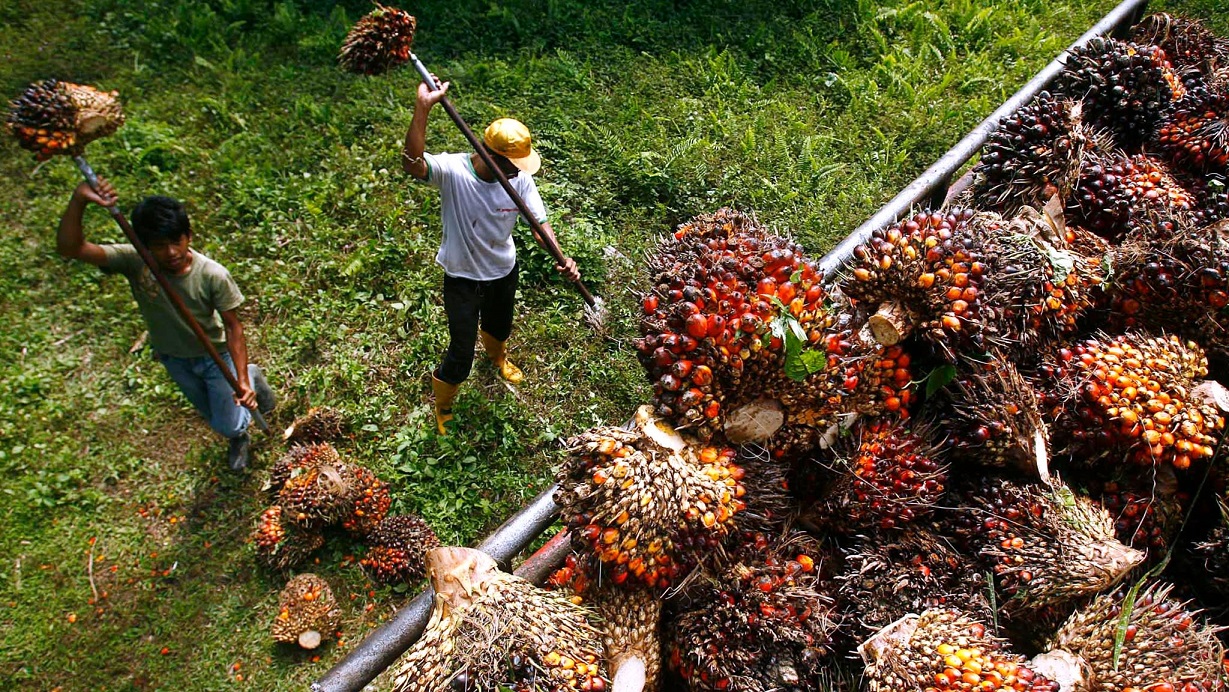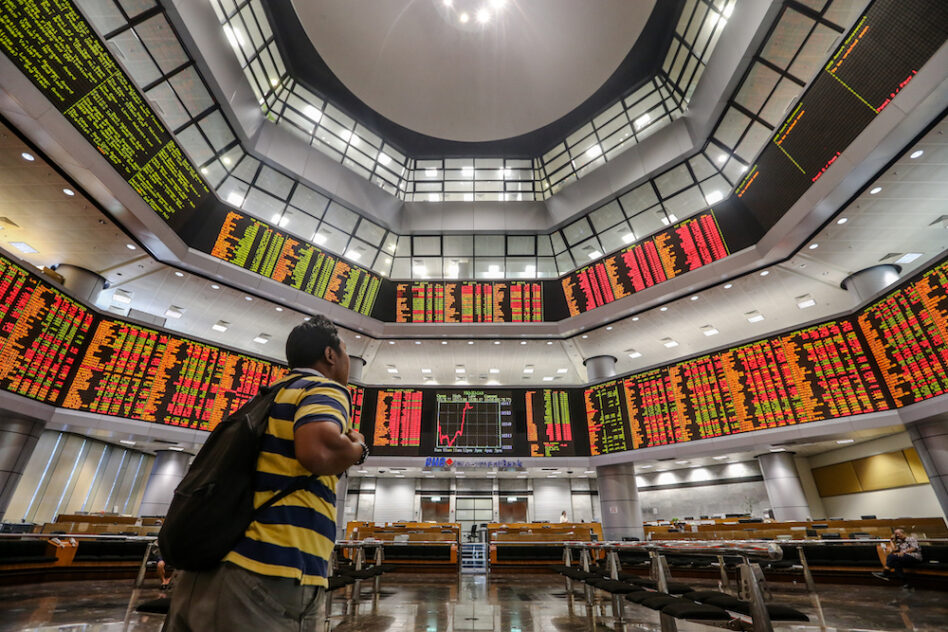THE oil palm industry might have a role in the present labour crunch, said Penang deputy chief minister II Dr P. Ramasamy.
He said that there were hardly any serious attempts to look into the welfare and wellbeing of migrant workers in plantations during good and profitable times, adding that the employers – and to some extent the Government – took for granted that labour supply would be plentiful.
“No one anticipated that there might be a labour crunch. The plantation industry practised the most obnoxious forms of forced labour and no wonder some have labelled the nature of production as primitive in character,” the Perai assemblyperson commented.
According to Ramasamy the fact that the oil palm industry is going to lose millions of ringgit due to the lack of labour “might be a reminder of what it could have done during days of abundant labour supply”.
When the industry was earning huge profits when labour supply was abundant, very little of the profits were distributed in the form of better wages for workers.
“Conditions of forced labour could have been reduced to some extent if the material earnings of the industry as a whole had been gainfully used to alleviate low wage conditions,” he opined.
“The hallmarks of forced labour in plantations are low wages and social restrictions on the freedom of movement. In fact, freedom of movement is restricted to ensure low wages.”
However, the situation changed under conditions of labour scarcity and the potential ban that might be imposed by the US and the European Union, Ramasamy pointed out.
“If the plantation industry had increased the material benefits of its migrant workers in the past, this would have ameliorated the present labour scarcity and the possible ban by both the US and the EU,” he added.
“However, the plantation industry which is protected by the Government rode a roughshod on the demands of pathetic unions. In fact, the plantation industry which is dominated by certain government-linked companies (GLCs) is paying the price for the present labour shortage.”
Ramasamy said that the possible ban on palm oil products by the US Customs and Border Protection (CBP) due to the presence of forced labour seems to be a “retributive exercise” against palm oil producers.
“While there was a great hue and cry by palm oil producers over the possible loss of revenue, there is hardly a murmur on the need to increase the wages of plantation workers. It is not going to be easy for plantation employers to procure foreign labour in the future,” he remarked.
Ramasamy opined that rather than looking outwards to replenish their labour supply, plantation producers should be thinking of new and imaginative technological changes to the industry.
“The plantation industry is a twilight one, and the question now is when will changes come to an industry that has long been associated with the worst forms of labour abuse,” he said.
“Change means abandoning the conditions of forced labour to embrace innovative technological advents that will invariably recognise and respect the value and dignity of plantation workers.” – June 8, 2022









